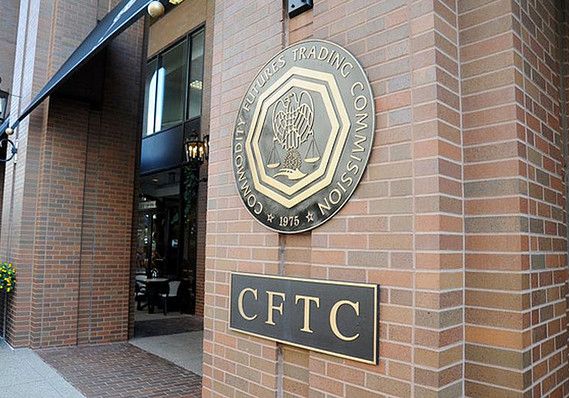(Reuters) - The US derivatives regulator on Tuesday said it had adopted a final rule on margins for uncleared swaps that cross national boundaries, as it aims to shield the country from risks created when offshore deals go sour.
(Adds reaction)
Members of the Commodity Futures Trading Commission voted 2 to 1 on the rule, which applies to swaps that are traded outside of clearinghouses and which is “closely aligned” with other existing cross-border margin requirements, it said.
In some cases, swap dealers and participants can comply with comparable requirements on margin, or collateral, from another country as an alternative to the rule and the CFTC laid out a process for reviewing when foreign margin requirements can be substituted.
On a call with reporters, CFTC Chairman Timothy Massad said the rule ensures “the safety and soundness of swaps dealers” and reduces “potential for conflict with rules of other international regulators.”
“The interconnected nature of the global swaps market means that risks created across the globe have the potential to flow back into the United States,” he said, adding the commission had considered how the rule fits with a framework laid out by the International Organization of Securities Commissions.
After the 2008 financial crisis, regulators worldwide clamped down on risk-taking in the US$710trn global swaps market that is dominated by large US banks.
But the CFTC regime only applied to foreign units of US firms that had financial guarantees from their parent companies. As a result, some firms stopped guaranteeing their foreign units and escaped US rules for swaps, derivatives used to hedge risk.
Massad said the rule or a comparable international measure would apply to foreign subsidiaries of a US parent even without a guarantee.
The president of public advocacy group Better Markets, Dennis Kelleher, said addressing the “legal sleight-of-hand known as ‘de-guaranteeing,’ is encouraging” and the commission showed commitment to stopping “global derivatives dealers from searching the world for the biggest loopholes.”
The dissenting vote, Commissioner J. Christopher Giancarlo, said the rule included “a set of preconditions to substituted compliance that is overly complex, unduly narrow and operationally impractical” and that it deviated from a framework created by IOSCO and the Basel Committee on Banking Supervision.
The International Swaps and Derivatives Association Inc, the top trade group on the issue, also had concerns about substitutions.
“It is my hope that these rules enable for substituted compliance on an outcomes basis instead of a rule-by-rule approach, which could lead to fragmentation,” said the association’s chief executive, Scott O’Malia.
Reporting by Lisa Lambert
